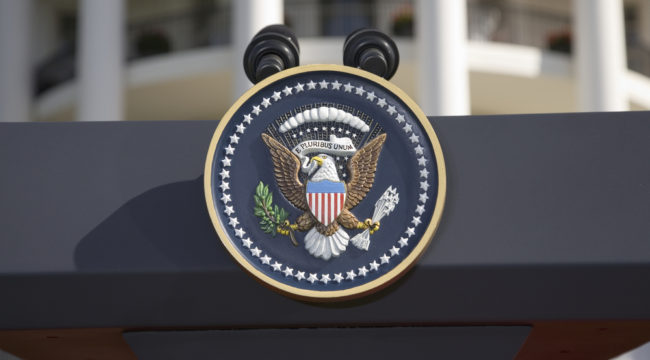
Is This the Moment of Truth?
One of the most famous passages in American literature occurs in Chapter 13 of Ernest Hemingway’s The Sun Also Rises. It takes place in a café in Pamplona, Spain during the running of the bulls.
Bill Gorton, a friend of the protagonist, Jake Barnes, has just arrived from New York. Bill is in the café talking with Mike Campbell, an upper-crust Englishman, now fallen on hard times but keeping up appearances.
In the course of telling a story about his tailor, Mike casually mentions his bankruptcy. Here’s the dialogue:
“How did you go bankrupt?” Bill asked.
“Two ways,” Mike said. “Gradually and then suddenly.”
“What brought it on?”
“Friends,” said Mike. “I had a lot of friends. False friends. Then I had creditors, too. Probably had more creditors than anybody in England.”
Mike admits to his own helplessness; his descent into bankruptcy was apparently totally beyond his control. This reflects upon his lack of control with regards not only to his business matters, but to his life in general.
You’ve probably seen variations of the part of the passage that says, “Gradually and then suddenly.” It’s often paraphrased or misquoted as, “slowly at first, and then quickly.”
The short version of the quote is offered as a warning that a slow, steady accumulation of debt with no particular plan for repayment can continue longer than expected, and then suddenly descend into a full-blown financial distress scenario and a rapid end-state of collapse.

Ernest Hemingway was not only a Nobel-Prize winning author, but was an astute observer of human nature and a fine armchair economist. His description of going bankrupt in Chapter 13 of The Sun Also Rises is a pitch-perfect narrative of how the United States is now barreling toward a crisis of confidence in the dollar.
…click on the above link to read the rest of the article…